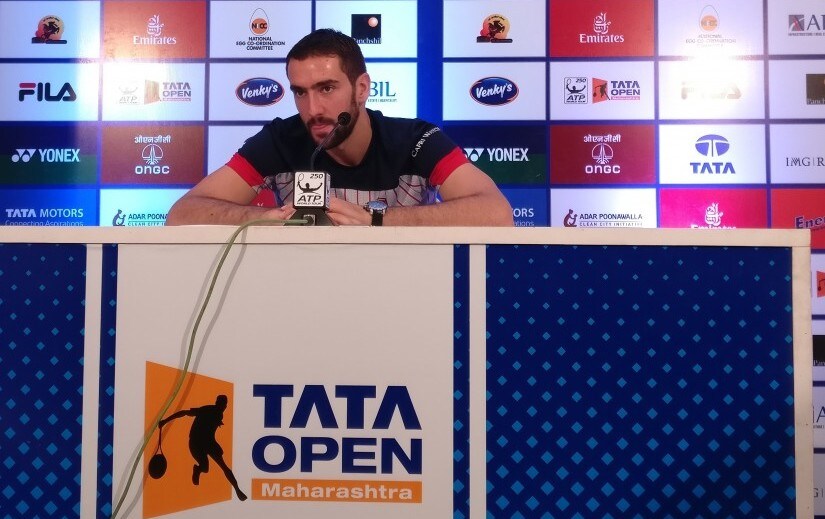Pune: In November 2017, the Grand Slam Board — comprising of the four Majors Australian Open, Roland Garros, Wimbledon and US Open — announced their intention to revert to 16 seeds from 2019.
The four Grand Slam tournaments had doubled the number of seeded players to 32 back in June 2001. The decision was then made partly in response to complaints from clay-court specialists that they wanted more draw protection at Wimbledon, the only Major played on grass.
Delighted to hear that the Grand Slam tournaments intend to revert to 16 seeds in 2019. Will make 1st weeks of major all the more compelling. Other changes too, including a 25-second rule in 2018 pic.twitter.com/n1y37OMfNN
— Christopher Clarey (@christophclarey) November 21, 2017
This decision has not found backing amongst most players, who believe that they should have been consulted before such a massive change was announced.
So far, only Roger Federer has publically approved the rule change. “Having 16 seeds might be interesting. The draw could be more volatile, (with) better matches in the first week.
“The top guys have made a habit of not cruising but getting through the first week quite comfortably for a long period of time. Playing against the Nos 17, 19 or 20 in the world is not something I really want to do, but it is what it is,” Federer had said in November.
On Thursday, Marin Cilic, who is one of the only three men outside of the Big Four to have won a Slam since the 2005 Australian Open, voiced his dislike for 16 seeds at Grand Slams.

Top seed Marin Cilic during a press conference at the Maharashtra Open. Firstpost/Nikhila Makker
“It's tough to say, I am quite a traditional guy, quite a traditional player. I don't like those changes. I don't know what it's going to bring to tennis — maybe just for TV and for those first couple of rounds.
“But that's not where tennis should go. I think tennis should be turned to the players, and it should be discussed with the players what is the best thing to do. For me, making those decisions out of the blue sky, sometimes maybe it could be good but most of the times, these decisions are not that good,” Cilic told reporters at a press conference at the Tata Maharashtra Open.
If the Grand Slams revert to 16 seeds instead of the current 32, it could make early upsets more likely. Theoretically, the World No 1 could face the 17th-ranked player as early as the first round.
To quote an example, if Australian Open 2017 had only 16 seeds, ninth-seeded Rafael Nadal could have potentially played 17th seed Federer in the opening week, instead of the blockbuster five-set epic that we got in the final.
However, Kevin Anderson, who is the Vice President of the ATP Player Council, seemed to hint that the proposed change may not be implemented after all.
"I know they have stated their intent to that, I don't think it's been confirmed just yet. Just being on the Council, I know it's something that the Slams have spoken about before. I don't think it's been written into the rules just yet. So, I guess we will have to wait and see what happens. It will be very interesting.
“I mean, the Slams wanted 32 seeds in the first place to protect players. Now they are going back on it. So I am not quite sure about their reasoning. I don't know if they feel like they need more exciting matches, in the first few rounds. I don't really necessarily think so. I guess we'll just have to wait and see over the next few months,” Anderson said after his quarter-final win at Pune.
If Anderson’s words are to go by, it seems that the Grand Slam Board maybe reconsidering their plans for 16 seeds at Majors.
Cilic and Anderson, who are the top two seeds, are both through to the semi-finals of Maharashtra Open. The Croatian plays Frenchman Gilles Simon on Saturday while Anderson takes on mercurial Benoit Paire in his last-four clash.
Published Date: Jan 05, 2018 11:49 AM | Updated Date: Jan 05, 2018 13:43 PM